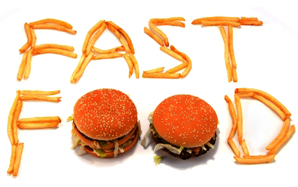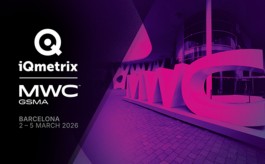More US fast food giants line up for India launch
By Jon Kramer | Vjmedia Works | February 03, 2014
Krispy Kreme was the latest to open a new store with its first outlet in Delhi last month, adding to its five branches in Bangalore. Burger King will open its first branch in the first half of this year
 India has long had a reputation as being unfriendly to foreign businesses, but when it comes to fast food, the story is different. In the past few months, Taco Bell, Krispy Kreme, Burger King and McDonald's have either announced plans to expand in India or have opened new outlets around the country. Krispy Kreme was the latest to open a new store with its first outlet in Delhi last month, adding to its five branches in Bangalore.
India has long had a reputation as being unfriendly to foreign businesses, but when it comes to fast food, the story is different. In the past few months, Taco Bell, Krispy Kreme, Burger King and McDonald's have either announced plans to expand in India or have opened new outlets around the country. Krispy Kreme was the latest to open a new store with its first outlet in Delhi last month, adding to its five branches in Bangalore.Burger King, the world's second-largest burger chain behind McDonald's, has joined with Everstone Group, an India-focused private equity and real estate firm, to bring the restaurant chain in India. The first branch is expected to open in the first half of 2014.
Sameer Sain, co-founder and managing partner at Everstone Group, said Burger King was an appealing investment because it could thrive even in a bad economy, as people will still go out to eat but not at expensive restaurants.
Meanwhile, McDonald's is expanding in India with the introduction of the McCafe, a coffeehouse-style chain.
In October, Hardcastle Restaurants, the licensee for McDonald's in South and West India, announced the opening of the first McCafe in Mumbai.
"Currently we are seeing consumer sentiment to be weak, and our same-store sales have been negative this quarter," said Amit Jatia, vice chairman at Hardcastle Restaurants, said in December. "But I don't think you can form your long-term strategy based on an immediate event.
"In the nearly two decades since international fast food chains like McDonald's first entered the Indian market, the customer profile and demographic for fast food restaurants in India has dramatically changed.
As India has one of the youngest populations in the world, with nearly 65 percent of the population under 35 years of age, more young professionals are eating fast food in urban India. In Mumbai, nearly 40 per cent of the people eating out are young adults, Jatia said.
"Earlier, you would see quick-service restaurants being used for occasions and celebrations," said Mr. Jatia. "Today, the weekend and family business continues, but working adults are using the sector far more than in the past. We've now also become an option for young professionals with disposable income to use us for a meal on a weekday.
"According to a study done by analysts at Technopak, a management consulting firm, the Indian market for chain restaurants was an estimated $2.5 billion in 2013 and is expected to grow to $8 billion in 2020, driven by the growth of what is known as quick-service, or fast food, restaurants.
"A major challenge for new entrants in the market is menu differentiation and menu creation," said Sain of Everstone Group.
The supply chain also presents a challenge, he said, as there are no existing cold chain networks or national suppliers.
"A lot of international players want to come in but when they come and check the scene on the ground, they realize that it's not that easy," said Sain. "There's a lot of hard work ahead for Burger King and for anyone who wants to come in, a lot of capital you have to invest, a lot of 'roll up your sleeves and get down into the execution of the business' that is required.
"However, analysts argue that international chains opening in India today are much more likely to succeed than a few years ago.
"The initial entrants such as McDonald's have done a lot of the hard work - they had to create a market, educate people, change their menus, create a supply chain network," said Mishra of Ernst & Young. "The new entrants can learn from those mistakes."
Advertisement








